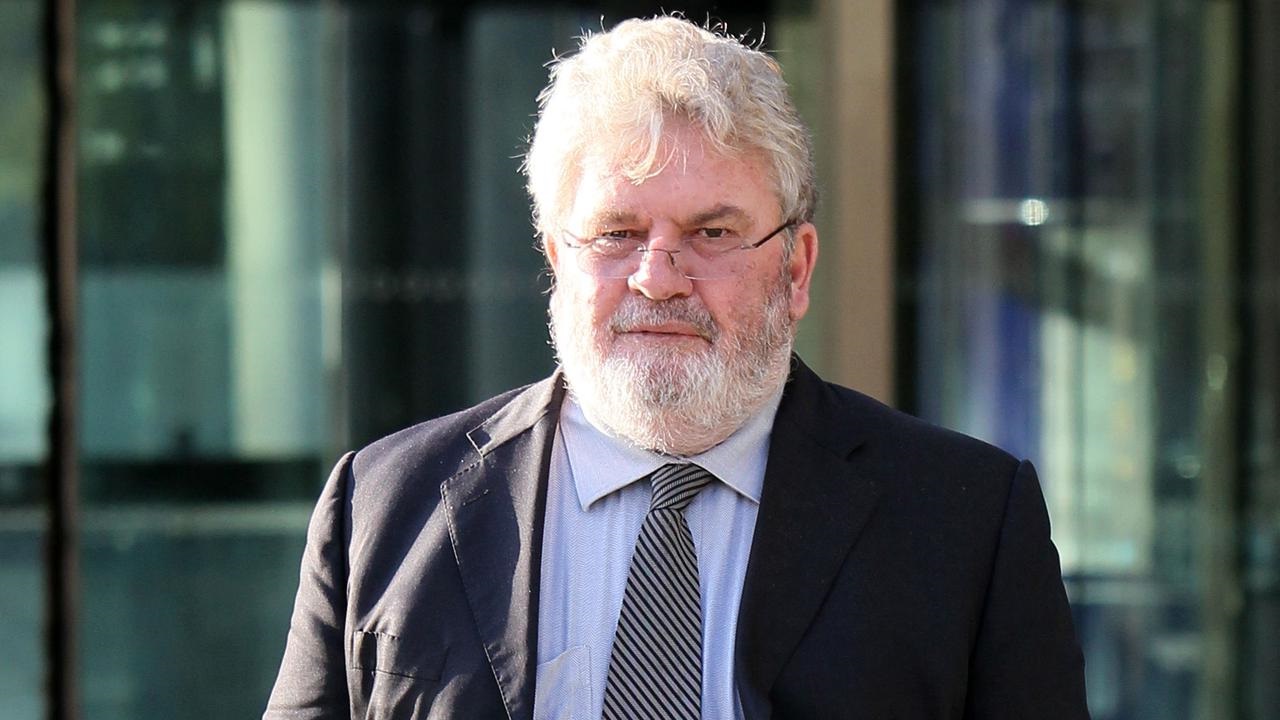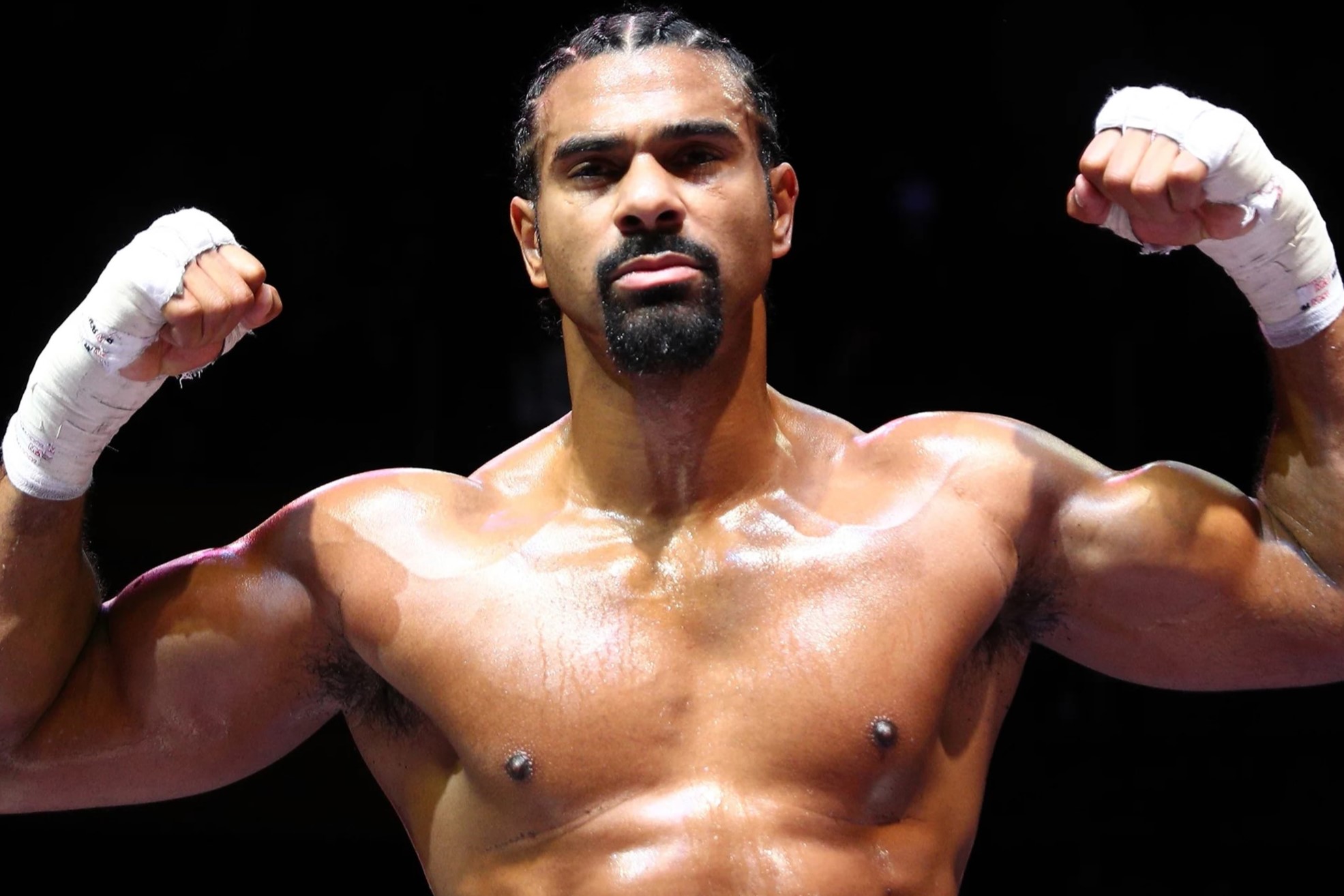
Geoff Clark is a name that resonates in Australian politics and Indigenous affairs, but not always for the right reasons. Born in August 1952, he rose to prominence as the first chairperson of the Aboriginal and Torres Strait Islander Commission (ATSIC) from 1999 until its disbandment in 2004. His journey from a sports enthusiast in boxing and Australian rules football to a key figure in Indigenous politics is remarkable. However, his career has been overshadowed by numerous controversies, including allegations of rape and fraud. Clark's complex legacy raises questions about leadership, accountability, and the impact of his actions on Indigenous communities.
Key Takeaways:
- Geoff Clark's early life was filled with sports and community involvement, shaping his later career in Indigenous affairs and leadership. However, his legal troubles have left a lasting impact on his public image and the Indigenous communities he represented.
- Despite his athletic prowess and leadership roles, Geoff Clark's legacy is marred by legal issues and controversies, impacting both his public image and the Indigenous communities he served.
Early Life and Sports
Geoff Clark's early years and sports career shaped much of his later life. Raised in a close-knit Aboriginal community, his passion for sports was evident from a young age.
-
Geoff Clark was born in August 1952 and raised by his grandmother, Alice, in an Aboriginal community in western Victoria. His upbringing was deeply rooted in Indigenous culture and traditions.
-
Clark was a keen boxer, often boxing in Jimmy Sharman's tent when it came to Warrnambool. This early involvement in boxing showcased his athletic prowess and competitive spirit.
-
At age 20, Clark moved to Western Australia and worked as a builder's labourer and gardener until he was 26. During this period, he also pursued his passion for Australian rules football.
-
Clark played Australian rules football for West Australian Football League (WAFL) clubs Claremont and Subiaco. His talent on the field was evident as he represented these clubs.
-
In 1978, Clark played three games for Norwood Football Club in the South Australian National Football League (SANFL). His brief stint in SANFL highlighted his versatility and skill in sports.
Entry into Indigenous Affairs
Clark's transition from sports to Indigenous affairs marked the beginning of his political journey. His roles in various organizations showcased his commitment to Indigenous rights.
-
In 1979, Clark became the administrator for the Framlingham Aboriginal Community Trust. This role was his first significant step into Indigenous community management.
-
In 1983, Clark co-founded the Aboriginal Provisional Government. This organization aimed to advocate for the rights and interests of Aboriginal people, marking a significant step in his activism.
-
In December 1996, Clark was elected to the Aboriginal and Torres Strait Islander Commission (ATSIC) board as the Native Title spokesman. This position gave him a platform to influence Indigenous policy at a national level.
Leadership in ATSIC
Clark's tenure at ATSIC was a mix of achievements and controversies. His leadership faced significant challenges, leading to the eventual disbandment of the organization.
-
In December 1999, Clark became the first chairperson of ATSIC to be elected to that position. He served two terms until the organization was disbanded in 2004.
-
In August 2003, Clark was suspended as ATSIC chairperson by the Indigenous Affairs Minister, Amanda Vanstone. However, this suspension was later overruled in court, allowing Clark to continue his role.
-
In 2004, the Howard government abolished ATSIC, citing inefficiencies and corruption within the organization. This decision was met with widespread criticism from Indigenous communities and activists.
Legal Troubles and Allegations
Clark's career has been marred by numerous legal issues and allegations, significantly impacting his public image and legacy.
-
In 2001, press reports claimed that Clark was responsible for four rapes that took place in the 1970s and 1980s. These allegations led to civil cases being launched against him by Joanne McGuinness and Carol Stingel in 2002.
-
In 2000, Clark was charged with the 1981 rape of his cousin, Joanne McGuinness, but a magistrate found there was insufficient evidence to bring the case to trial. The civil cases filed by McGuinness and Stingel against Clark were also ongoing during this period.
-
In 2003, it emerged that ATSIC had agreed to allocate $45,000 to fund Clark's legal defense relating to a pub brawl where he was present. Nineteen charges were initially filed, with all but 'riotous behaviour' and 'obstructing police' eventually dropped.
-
In January 2007, a County Court of Victoria civil jury found that Clark had led two pack rapes in 1971. The jury ordered him to pay compensation and cover legal fees for the victim-survivor.
Recent Legal Issues
Even after his time at ATSIC, Clark continued to face legal challenges, particularly related to financial misconduct.
-
In 2021, Geoff Clark, along with his wife Trudy and sons Jeremy and Aaron, faced approximately 380 charges related to allegations of misappropriating funds from Indigenous organizations. The charges spanned three decades and exceeded $2 million in alleged fraud.
-
Some of the accusations against Geoff Clark include the alleged theft of rent from properties owned by the Framlingham Aboriginal Trust in south-west Victoria. It is also alleged that he diverted funds meant for the trust and the Framlingham Indigenous community through a housing program to build a deck at his own house.
-
The committal hearing suffered significant delays due to the COVID-19 pandemic as well as the death of a defence barrister in a road accident. A witness for the prosecution also passed away during the long-running hearing.
Public Perception and Impact
Clark's actions have had a lasting impact on both his public image and the Indigenous communities he represented.
-
Geoff Clark's behavior has been widely criticized by both Indigenous and non-Indigenous communities. Many view him as a despicable figure who has brought shame to Indigenous leadership.
-
The controversies surrounding Geoff Clark have had a profound impact on Indigenous communities. The abolition of ATSIC was seen as a direct consequence of the corruption and mismanagement that Clark's leadership was associated with.
Geoff Clark's Complex Legacy
Geoff Clark's life is a mix of achievements and controversies. Born in 1952, he made his mark in sports and Indigenous politics. As the first chairperson of ATSIC, he had a significant role in shaping policies for Aboriginal and Torres Strait Islander communities. However, his tenure was overshadowed by allegations of rape, fraud, and misconduct. Legal battles, including charges of misappropriating funds, have marred his reputation. The abolition of ATSIC in 2004, partly due to issues during his leadership, left a lasting impact on Indigenous representation. Public perception of Clark is largely negative, with many viewing him as a figure who exploited his position. His story serves as a reminder of the importance of ethical leadership and accountability, especially in roles that significantly impact communities. As his legal proceedings continue, the final chapter of his legacy remains uncertain.
Frequently Asked Questions
Was this page helpful?
Our commitment to delivering trustworthy and engaging content is at the heart of what we do. Each fact on our site is contributed by real users like you, bringing a wealth of diverse insights and information. To ensure the highest standards of accuracy and reliability, our dedicated editors meticulously review each submission. This process guarantees that the facts we share are not only fascinating but also credible. Trust in our commitment to quality and authenticity as you explore and learn with us.


